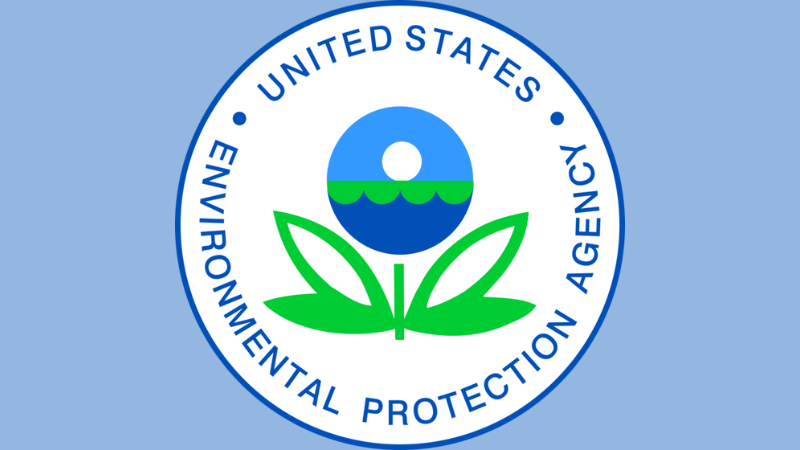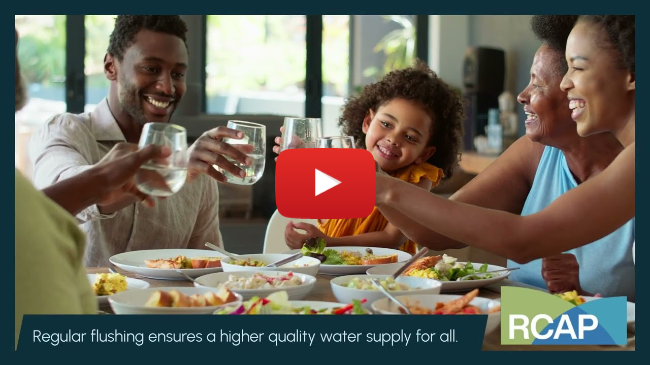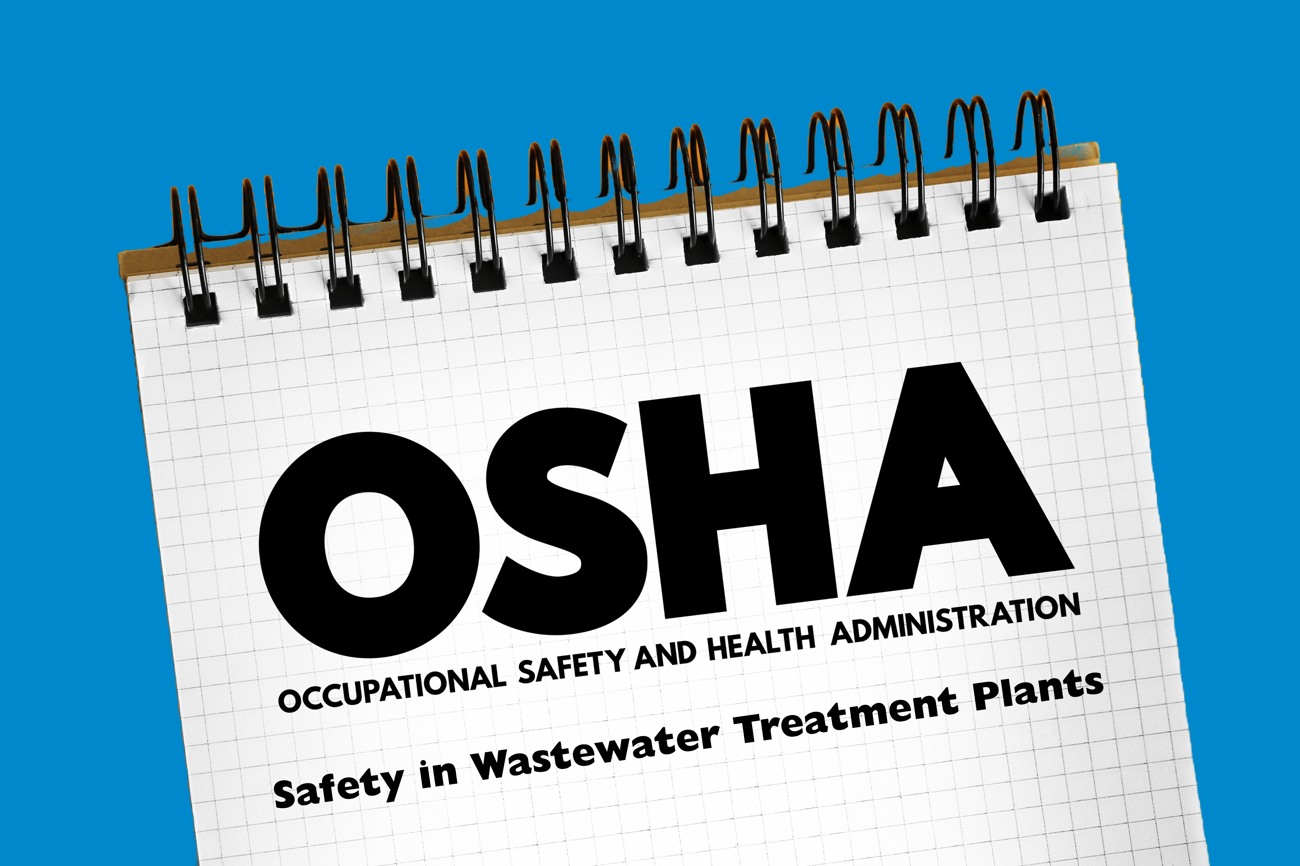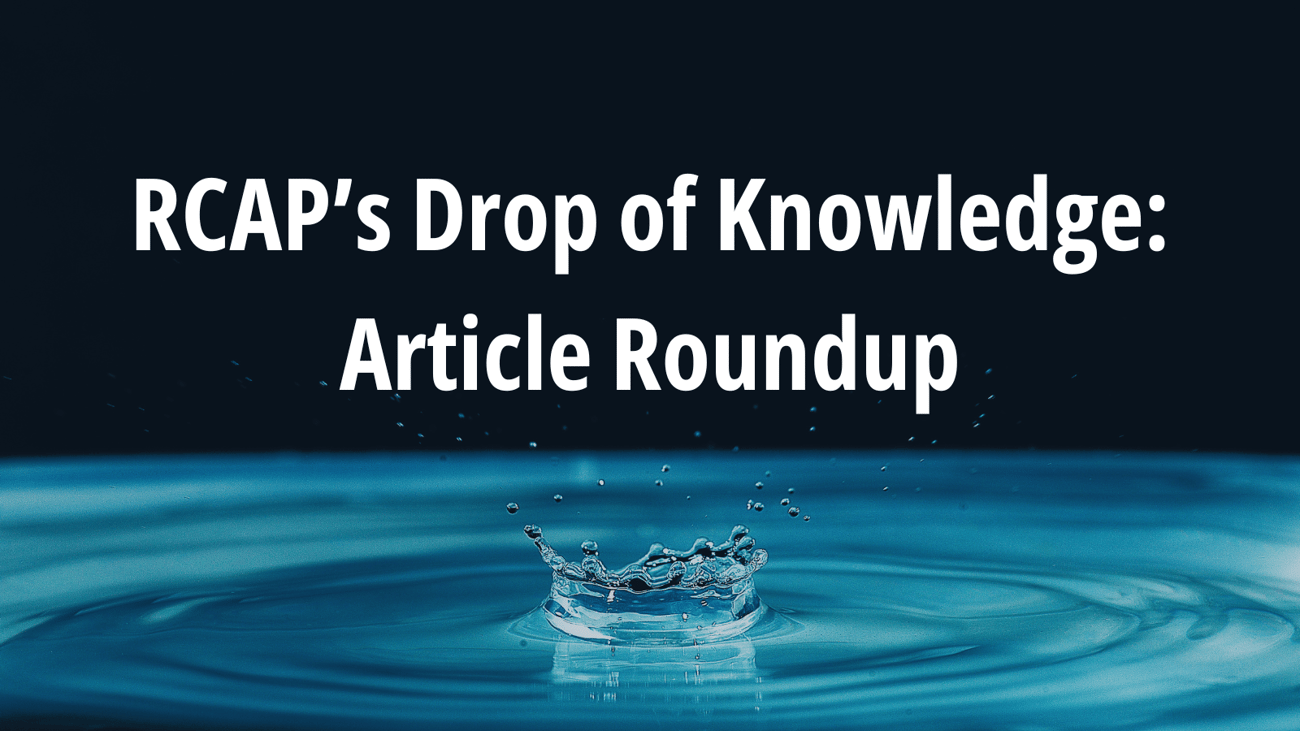|
Newsletter #412 for August 19, 2025 |
|
|
|
|
 |
EPA Announces $9 Million in Grants to Boost Water System Resilience |
|
The U.S. Environmental Protection Agency (EPA) has announced a $9 million grant program designed to help midsize and large public water systems improve their resilience against natural hazards and cybersecurity threats. This funding opportunity is part of the Midsize and Large Drinking Water System Infrastructure Resilience and Sustainability Grant Program, which targets systems serving 10,000 or more people. The goal is to support infrastructure upgrades that protect drinking water from extreme weather events and cyberattacks.
Eligible public water systems can apply for funding through grants.gov, where applications will be accepted for 60 days. EPA has also released a new report titled “Securing the Future of Water: Addressing Cyber Threats Today,” which outlines key recommendations to enhance cybersecurity in the water sector. These include leadership training, technical assistance, webinars, integration of cybersecurity into operator certification programs, and collaboration with state Chief Information Officer offices.
This initiative comes at a time when cyberattacks on water systems are becoming more frequent and severe, posing risks to public health and essential services. By offering both financial support and strategic guidance, EPA aims to help communities and industries nationwide safeguard access to clean and reliable drinking water.
To apply for EPA’s Midsize and Large Drinking Water System Infrastructure Resilience and Sustainability Grant Program, applicants must:
-
Be a public water system serving at least 10,000 people.
-
EPA has allocated 50% of the available funds for systems serving between 10,000 and 99,999 people, and the remaining 50% for systems serving 100,000 or more.
-
Choose a project that complies with the Build America, Buy America (BABA) Act.
-
Which mandates that iron, steel, manufactured products, and construction materials used in the project be produced in the United States.
-
If compliance is not feasible, applicants may request a waiver.
-
Submit a comprehensive proposal through grants.gov.
-
Opportunity Number: EPA-OW-OGWDW-25-01.
-
The proposal should clearly describe the project or program that will be planned and implemented. It must identify the specific natural hazard, extreme weather event, or cybersecurity threat the project aims to address, and explain how the proposed work will enhance resilience or reduce vulnerability to those risks.
-
Include any supporting documentation that demonstrates the relevance and urgency of the project.
-
This includes evidence from a federal, state, regional, or local agency that confirms the risk to the area where the project will be located.
-
Describe any relevant recent events.
For more information, visit EPA’s program overview page or read the full cybersecurity report (PDF). For full details on the application process, consult the official Notice of Funding Opportunity (PDF), which outlines all requirements and evaluation criteria.
The deadline for submission is October 6, 2025. |
| Get Started |
|
|
|
|
 |
Unlocking Rural Prosperity: The Rural Funding Guide is Here |
|
The Rural Funding Guide has been introduced by the Partners for Rural Transformation (PRT) to address the longstanding issue of underinvestment in rural America. This guide offers practical strategies to help public and private funders effectively invest in rural communities. It emphasizes the importance of equitable systems and strong local partnerships to ensure that funding reaches the areas that need it most. The guide aims to inspire funders, policymakers, and advocates to reinvest in rural America and support its prosperity.
Below is a summary of the eight practices that inform how public and private funders can invest in rural prosperity:
- Put Community Voice First: Ensure that the voices of local community members drive development efforts, rather than generating buy in for a pre-determined idea.
- Build Community Adaptability: Enhance the ability of communities to adapt and respond to changing circumstances and economic conditions.
- Support Regional Approaches: Invest in initiatives that benefit multiple communities and leverage regional strengths and assets.
- Form Trusted Partnerships: Develop strong, trust-based relationships with local communities through direct engagement and collaboration.
- Make Capital Accessible: Simplify the process of accessing funds to reduce barriers for rural applicants.
- Increase Flexible Capital: Provide operational funding that allows local leaders to address specific community needs and invest in long-term solutions.
- Grow Grant Capital: Increase the availability and scale of grants to support comprehensive community development.
- Provide Multi-Year Support: Offer consistent, long-term funding to enable sustainable development and allow for thorough planning and implementation.
|
| Explore the Guide |
|
|
|
|
Featured Video |
 |
The Hidden Benefits of Hydrant Flushing
Rural Community Assistance Partnership - RCAP
"Hydrant flushing is an essential part of every utility’s maintenance program. This short video highlights why hydrant flushing matters and how it benefits both the community and the utility’s infrastructure."
|
|
|
|
|
EPA Allocates $409.4M to North Carolina for Resilient Drinking Water Infrastructure |
|
The U.S. Environmental Protection Agency (EPA) has announced $409.4 million in funding to the North Carolina Department of Environmental Quality (NCDEQ) to help local drinking water utilities prepare for and withstand future natural disasters. Communities severely affected by Hurricane Helene, like Hot Springs, Burnsville, and Old Fort, will benefit from this funding to rebuild and reinforce their water systems.
This funding is part of the 2025 Supplemental Appropriation for Hurricanes Helene and Milton and the Hawai’i Wildfires. It aims to improve drinking water treatment and distribution, strengthen water supply sources, replace or construct water storage tanks, and support any other infrastructure projects that protect public health.
The funds will capitalize North Carolina’s Drinking Water State Revolving Fund (DWSRF), which can offer low-interest loans, provide principal forgiveness, and support planning, design, and construction of eligible projects.
Eligible entities should contact the NCDEQ and explore opportunities through the DWSRF program. |
|
|
|
|
Featured Video |
 |
From 3 A.M. Sampler to Water Leader: Dante Payne’s Journey in Philly
waterloop
"Meet Dante Payne of the Philadelphia Water Department!
Dante Payne used to wake up at 3 a.m. to collect water samples across Philadelphia.
Now, he leads the team that tests every drop of new and repaired water infrastructure in the city.
As a Water Quality Control Manager, Dante’s work ensures public health—but his deeper impact is on people. He’s mentoring the next generation of water professionals, helping entry-level science techs turn their first job into a lasting career.
“This is where I started, this is where I’m going, and this is how you get there,” says Dante.
Dante was a participant in the Water Center at Penn’s Regional Network Collaborative for Water Leadership."
|
|
|
|
|
|
|
|
Enhancing Board Members' Financial Understanding & Decision-Making
August 25, 2025 | 1:00 PM EDT
RCAP Solutions, Inc.
This free virtual training program is designed to empower board members with the knowledge and skills needed to effectively oversee the financial operations of their systems. Participants will gain a comprehensive understanding of their roles and responsibilities, with a focus on financial management. Through detailed explanations of common financial reports and guided practice in critical thinking, board members will learn to make informed and responsible decisions. |
|
|
|
Rate Setting for Capital Improvements
August 26, 2025 | 8:00 AM EDT
RCAP Solutions, Inc.
This free online program has been designed to provide systems of all sizes with an understanding of the importance of rate setting to fund capital improvement. The training will include a description of rate structures through asset management (GIS Mapping, Capital Improvement Planning, Inventory Controls for Asset Management, etc.) as well as billing cycles and finances, budgets, reserve accounts, and financial monitoring. The program will also look at key management areas and maintaining an active Board. |
|
|
|
Green Infrastructure for Small Water Systems: Approaches and Technical Assistance
August 28, 2025 | 1:00 PM EDT
Environmental Finance Center Network
This free webinar will explore how green infrastructure (GI) can be a tool to help rural wastewater and stormwater providers go beyond investments in conventional infrastructure approaches. This presentation will address the role that GI can play in supplementing wastewater and stormwater systems by helping reduce inflow and infiltration, mitigating sewer overflows, augmenting wastewater treatment processes, and improving quality. We will also outline the funding and financing pathways to implementing GSI for small, rural systems, and orient participants to the forms of technical assistance which can support small systems in implementing these projects. |
|
|
|
|
|
|
|
|
|
|
Recent Blog Posts at WaterOperator.org |
|
|
 |
|
Paving the Way for Sustainable Drinking Water Supply in Arizona
Read Here » |
|
|
 |
|
Learning About Safety in Wastewater Treatment Plants
Read Here » |
|
 |
|
RCAP's Drop of Knowledge: Article Roundup #7
Read Here » |
|
|
|
|
|
Groundwater & Well Care for Public Water Systems is a free online course from WaterOperator.org. Certificates are provided and the course is currently pre-approved for 2 hours continuing education credit in a number of states.
Click here to learn more. |
|
|
|
|
|
|
|
|
|
WaterOperator.org is a free service, grant-funded to support small community water and wastewater operators with comprehensive resources and information in one easy-to-use place. We also serve the 800+ training, primacy, and technical service organizations, by helping operators get to their information. We aren't selling or advertising anything. Call us at 1-866-522-2681 for assistance. |
|
|
|
|
|
Visit our other websites: |
|
|
|
|
|
|
|
Click here to unsubscribe | Sent to: _t.e.s.t_@example.com
Illinois State Water Survey, 2204 Griffith Drive, Champaign, IL 61820, United States |
|
|
|
|